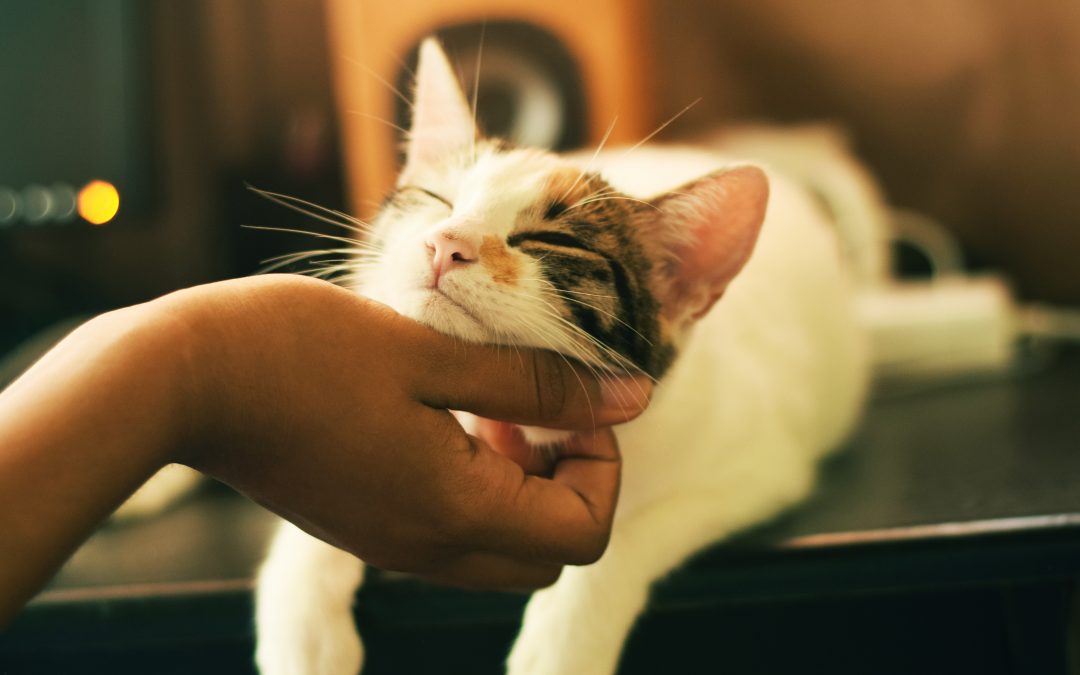The beginning of a new year is the perfect time to focus on your health and wellbeing. It’s also a great time to think about the health and wellness of your cat. February is National Cat Health Month. In support of National Cat Health Month, make a special effort to focus on your cat to help them live a happier and healthier life.
Annual Veterinary Checkups
Taking your cat to the veterinarian at least once a year is one of the best ways to make sure they’re as healthy as they can be. Having an annual visit lets your veterinarian track any changes to your cat’s health from year to year to catch signs of illness and disease early.
Up-to-Date Vaccinations
During your cat’s veterinary visit, the vet administers any necessary shots on your cat’s vaccination schedule. Receiving regular vaccinations helps prevent your cat from developing serious diseases if they’re exposed to illnesses from other unvaccinated animals.
Neutering Your Cat
February is also Spay and Neuter Awareness Month. Neutering your cat helps prevent illnesses and conditions associated with their reproductive organs. It also helps get rid of behaviors experienced by unneutered cats. Additionally, neutered cats help aid in eliminating unwanted litters of kittens to help reduce animal overpopulation in animal shelters and on the streets.
Practicing Good Dental Health
Pay attention to your cat’s dental health as well. Regular teeth cleaning and oral exams are important for maintaining your cat’s overall health. Your vet will check your cat’s oral health as a part of the annual veterinary visit.
Monitoring Your Cat’s Weight
Many indoor cats spend the majority of their time napping instead of being active which can lead to an unhealthy weight. Obesity can lead to other health issues such as diabetes. Therefore, help your cat maintain a healthy weight by making an effort to play with them every day. If you’re a busy pet owner, consider interactive feeders, interesting toys or even adopting another pet to help your cat stay active. If your cat needs to lose weight, talk to your veterinarian about how to help your cat healthily lose weight.
Additionally, your cat needs a high-quality diet that meets the nutritional needs of their age and lifestyle. Speak to your veterinarian about the right food for your cat and make sure they’re eating enough but not too much.
Maintaining a Regular Grooming Routine
Brushing and combing your cat regularly is a great opportunity for bonding with your pet. A grooming routine helps you search for any issues with their skin, fur and claws. Pay attention to any changes in their appearance such as dry or flaky patches of skin, red or irritated skin patches, missing or dull fur, or red areas around their claws. If you notice any significant changes, take them to the vet for a checkup.
Celebrate National Cat Health Month by providing extra care and attention to your pet. Your cat relies on you to stay healthy so bring them into Regal Animal Hospital for quality care.

